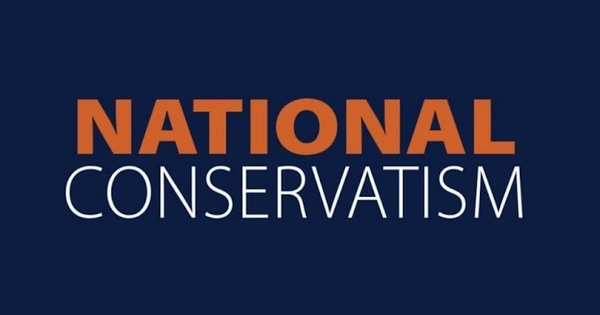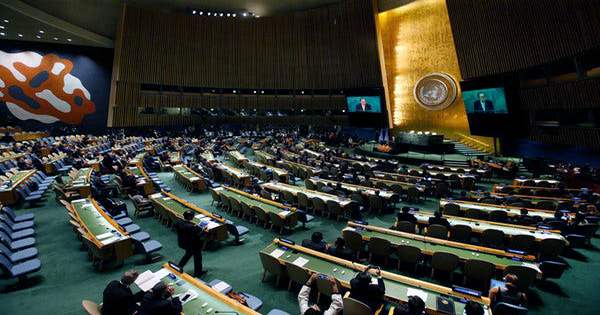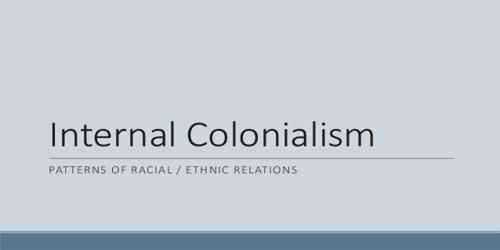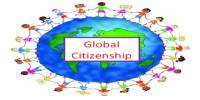National conservatism is a nationalist variant of conservatism that emphasizes the preservation of one’s national and cultural identity. It is a type of conservatism popular in Europe and Asia that focuses on preserving national and cultural identity while combining conservative and purely nationalist elements. National conservatives typically combine nationalism with conservative stances promoting traditional cultural values, family values, and anti-immigrant sentiment.
Any political movement whose name begins with the word “National” is likely to be a Nationalist movement. A National Conservative is a Nationalist who adheres to conservative values in accordance with their country’s standards. Because the three variations emphasize preservation and tradition, it shares characteristics with traditionalist conservatism and social conservatism. While national conservatism prioritizes the preservation of national interests, traditionalist conservatism prioritizes the preservation of social order. Furthermore, social conservatism emphasizes traditional family values that regulate moral behavior in order to maintain one’s traditional status in society.
Politics in the United States, the United Kingdom, and other Western countries have taken a sharp turn toward nationalism—a commitment to a world of independent nations. This has been perplexing for many, not least the American conservative movement, which has become increasingly attached to a vision of a global “rules-based liberal order” that would bring peace and prosperity to the entire world while weakening national independence since the fall of the Berlin Wall in 1989.
National conservative parties frequently have roots in rural, traditionalist, or peripheral environments, in contrast to the more urban support base of liberal-conservative parties. Most Europeans hold some form of Euroskepticism. The majority of conservative parties in post-communist Central and Eastern Europe since 1989 have been national conservative.
Conservatism as an attitude will never die out completely. But, one by one, many conservative ideas are being replaced by more humane, egalitarian, and rational approaches to life. Conservatives, for example, used to be staunch supporters of absolute monarchy and were hostile and suspicious of democracy. That notion is no longer valid.
“National Conservatism” is a movement of public figures, journalists, scholars, and students who recognize that the past and future of conservatism are inextricably linked to the concept of the nation, the principle of national independence, and the revival of the unique national traditions that alone have the power to bind a people together and bring about their flourishing.
















